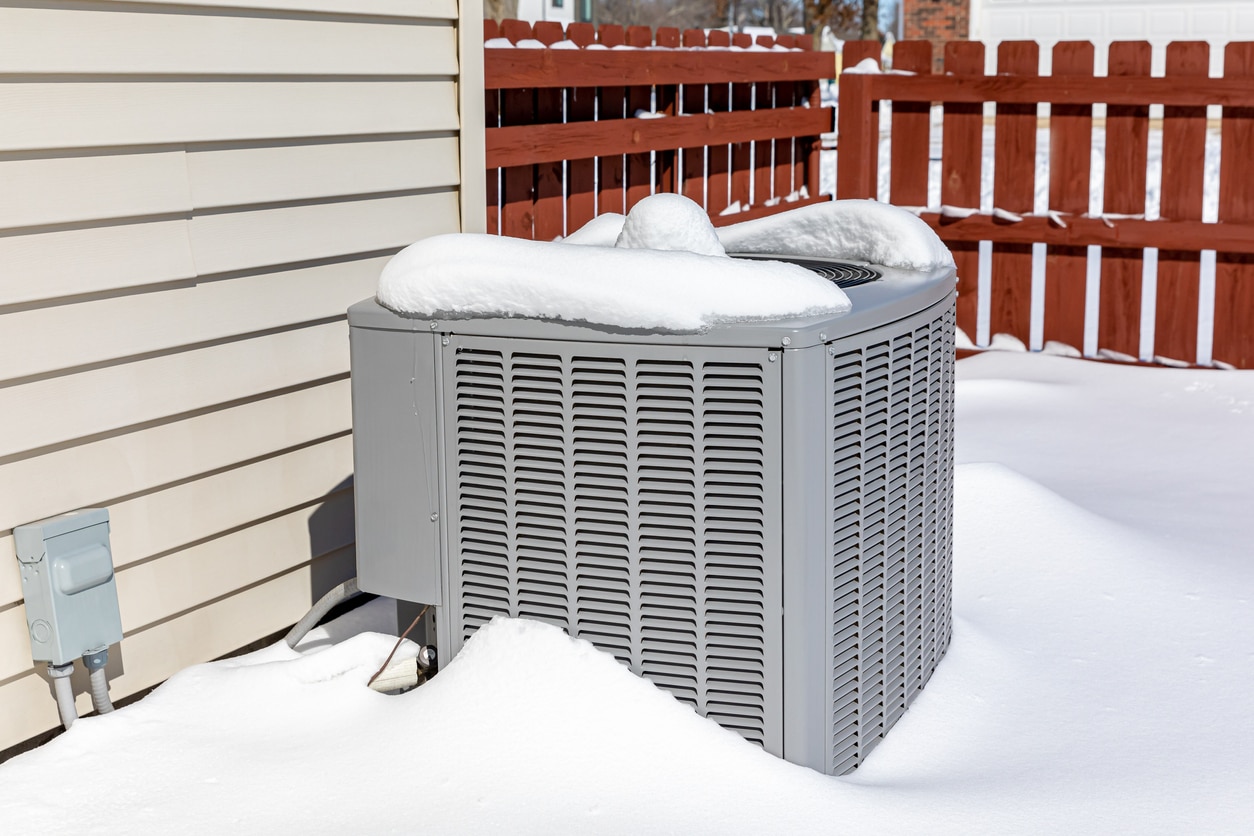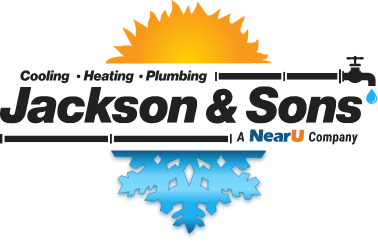
While your furnace takes on the cold weather to keep your home comfortable, low temperature extremes can impact heating-system components. Because heat loss from a home is greater in very cold temperatures, a furnace runs longer cycles to compensate. Maintaining thermostat settings may be difficult, in turn stressing furnace components.
The first line of defense to prevent furnace problems is to make sure you schedule an annual heating system maintenance tune up by a qualified HVAC technician. The service includes a vital inspection and tests to ensure that the unit is operating up to the manufacturer’s standards of safety, reliability, and heating performance.
If cold weather is forecast, here are some suggestions to deal with potential issues:
- Maintain optimum airflow. The furnace needs adequate airflow for proper heating performance. Consult with your HVAC contractor about regular air filter changes during cold weather conditions. A dirty filter reduces airflow through the furnace and impairs proper heating throughout the house. A filter that becomes totally clogged can overheat critical furnace components, such as the heat exchanger, and eventually trigger an automatic safety-inspired shutdown of the unit.
- Make thermostat settings realistic. In very cold conditions, expecting a furnace to maintain the same comfort level as it does in more moderate weather may stress the system. To compensate for increased heat loss from the home, program thermostat temperatures that are realistic — between 68 and 70 degrees — and maintain that temperature consistently. Wear warm clothing, and keep exterior doors closed as much as possible.
- Keep the furnace vent clear. High-efficiency furnaces incorporate an exhaust vent located on the side of the house near the ground (unlike standard-efficiency units, which vent at the roof). In very low temperatures, condensate flowing out of the vent pipe may turn to ice, obstructing flow. This blockage triggers a safety sensor that automatically shuts down the furnace. During very cold conditions that may include heavy snowfall or even ice, check the vent regularly to make sure it remains unobstructed.
Ask the professionals at Jackson & Sons for more information about heating your home comfortably and safely in cold weather.

